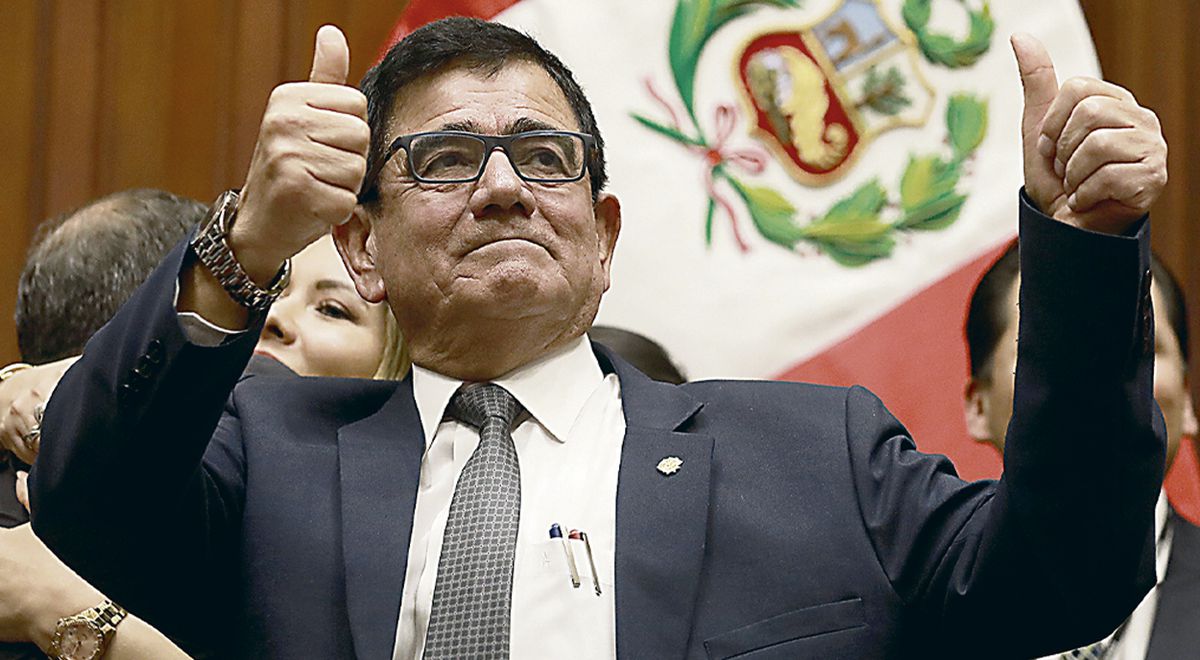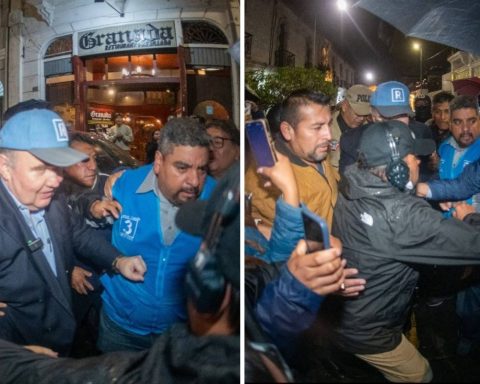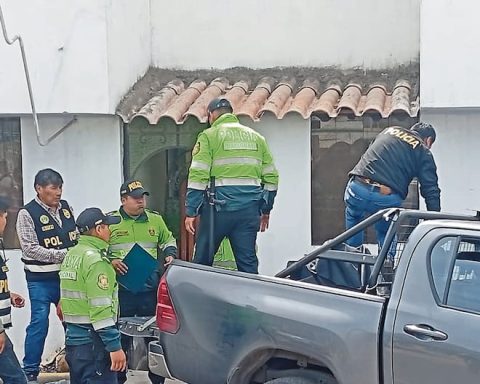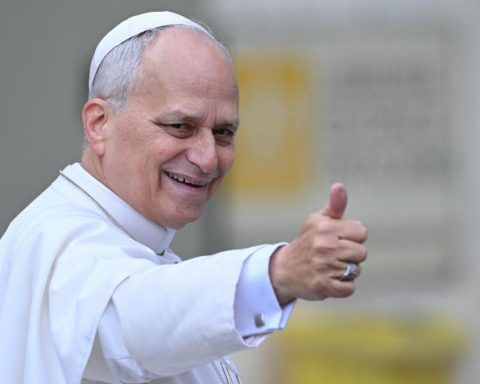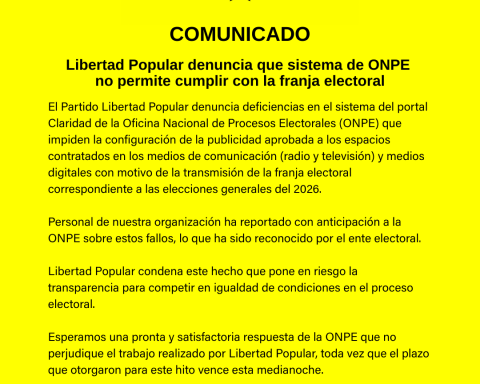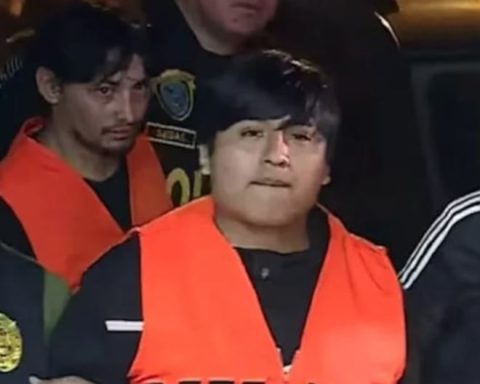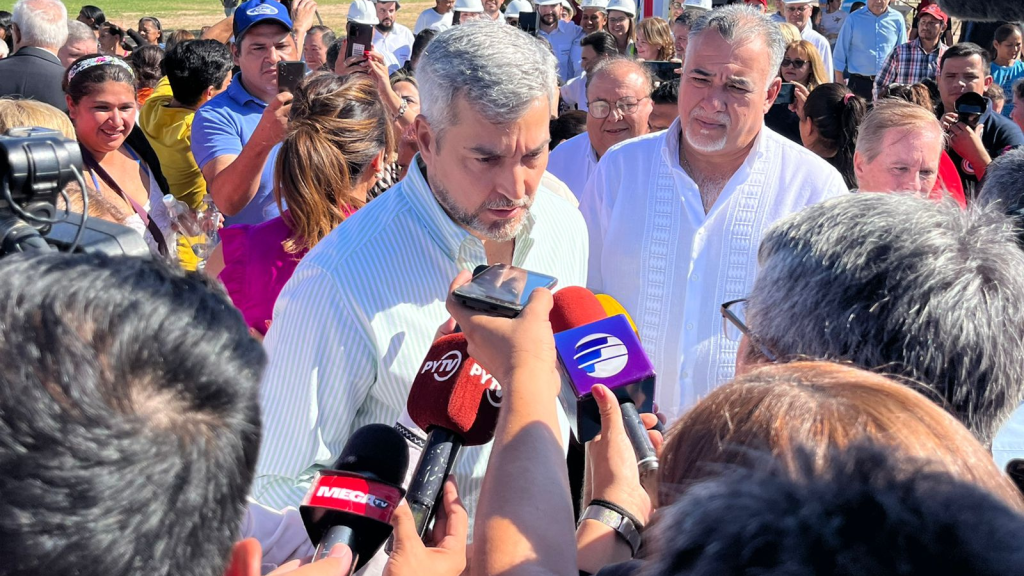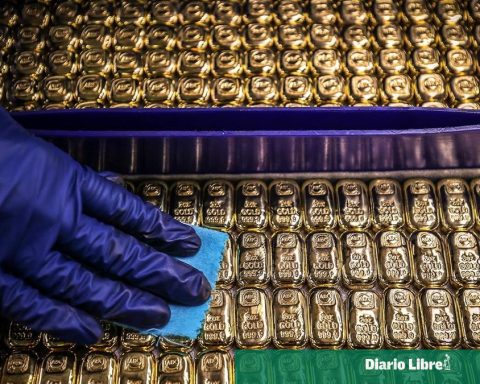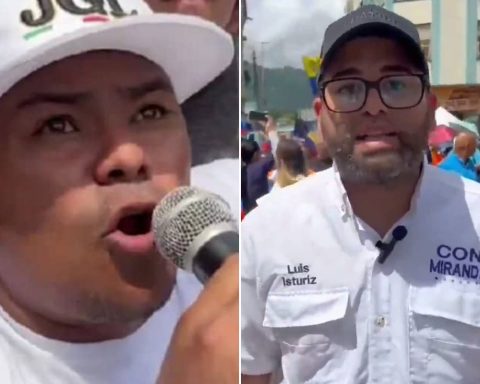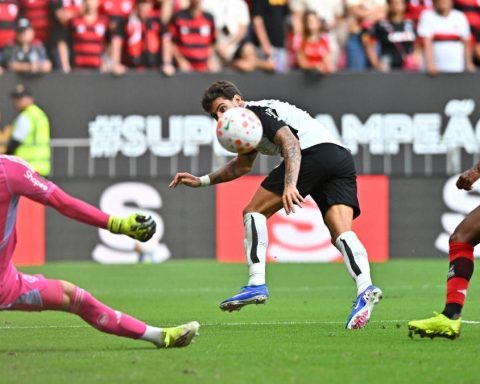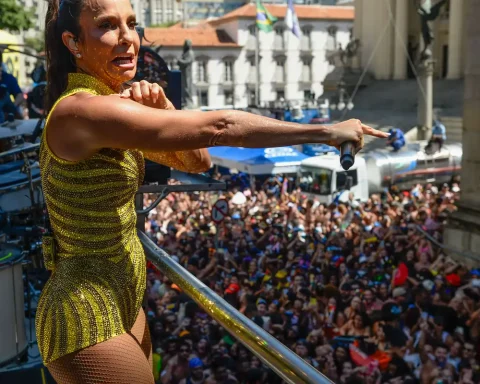The president of the Congress, General EP (r) José Williams Zapata, asked the General Commander of the Army, General EP Walter Córdova Alemán, to consider his resignation due to various complaints for which he had to respond.
The incident occurred at a meeting on Monday, December 5. Coincidentally, on Tuesday, December 6, Gustavo Bobbio Rosas, the then Minister of Defense, summoned General Córdova and made the same request as Williams and for the same reasons.
The following day, Wednesday the 7th, Bobbio and Córdova met again to sign the resignation letter and went to the Government Palace, where former President Pedro Castillo was waiting for them at 7:30 in the morning, a few hours before the frustrated coup.
ExMindef. Gustavo Bobbio asked Córdova to resign. Photo: diffusion
A spokesman for congressman José Williams consulted him about the episode and denied it, but three sources consulted by La República agreed that the request did exist. They even offered the details of what happened.
According to the versions collected, the president of Congress, José Williams, told General Córdova that he had a folder containing various complaints against him, which was affecting the Army’s institutionality, so it was necessary for him to take a step. the side.
If he did not do so, he would inform the Oversight Commission of the folder with the information implicating General Walter Córdova in alleged irregular acts, said José Williams, according to the sources consulted.
This version is very similar to the one offered by former Defense Minister Gustavo Bobbio Rosas, who told Córdova that it was preferable for him to present his resignation letter because he was dragging too many cases against him, which damaged the image of the Army.
Shortly before launching his coup speech, Bobbio got Pedro Castillo to sign the resolutions accepting General Walter Córdova’s resignation letter for “strictly personal matters,” as well as the appointment of EP Division General David Ojeda Parra as commander. Army general.
However, Walter Córdova, when Pedro Castillo was vacated, joined the Joint Command of the Armed Forces and the general commanders of the armed institutes and the National Police, and continued as head of the Army.
“General José Williams Zapata had a voluminous file on General Walter Córdova, from alleged irregularities in the promotion process to the case of rape perpetrated by a nephew at the residence of the Commander General of the Army. Even Córdova recognized that they were unfortunate events and that he assumed that they damaged the reputation of the Army, ”the sources indicated.
“Are you going through the front door or are you going through the false door? Decide, but in any case you must go out through one of the two doors,” Williams told Córdova, according to the sources.
Walter Córdova responded to the president of Congress that he was overwhelmed by these types of accusations and that he would present his resignation letter. And that he would do it “for personal reasons.”
“It is the best decision, because the president (Castillo) cannot dismiss you,” added José Williams.
In effect, the Congress approved by insistence a norm that obliges that the head of State must respect the two years in the position of the general commanders of the Armed Forces. Unless the officer requests his retirement pass “for strictly personal reasons”, which was the cause presented by General Walter Córdova.
However, after requesting his retirement pass, and the former president accepting it, after Pedro Castillo’s departure, General Walter Córdova reappeared a few hours later on the balcony of Congress as a preferred attendee of the swearing-in of President Dina Boluarte. , together with the head of the CCFFAA, General EP Manuel Gómez de la Torre Araníbar, and the general commanders of the Navy, the Air Force and the National Police.
The president of Congress, José Williams, was notified of the presence of General Walter Córdova, whom he had recommended to resign, but he did not take any action.
This newspaper once again sought General Walter Córdova’s version of the events he was accused of, but he did not respond either. The truth is that the “strictly personal matters” that led to his resignation remain unresolved.
Earring. General Walter Córdova continues to lead the EP. Photo: diffusion
Gustavo Bobbio had him in his sights
In the brief period that he was in charge of the National Intelligence Directorate (DINI), Gustavo Bobbio Rosas received reports on the alleged involvement of General Walter Córdova Alemán in alleged irregularities in the Army.
The information that Bobbio obtained included, in addition to the presumed disposition of resources from the military institution, the alleged meddling of his spouse, who took his name to make decisions that did not correspond to him. There was documentation proving this type of event.
